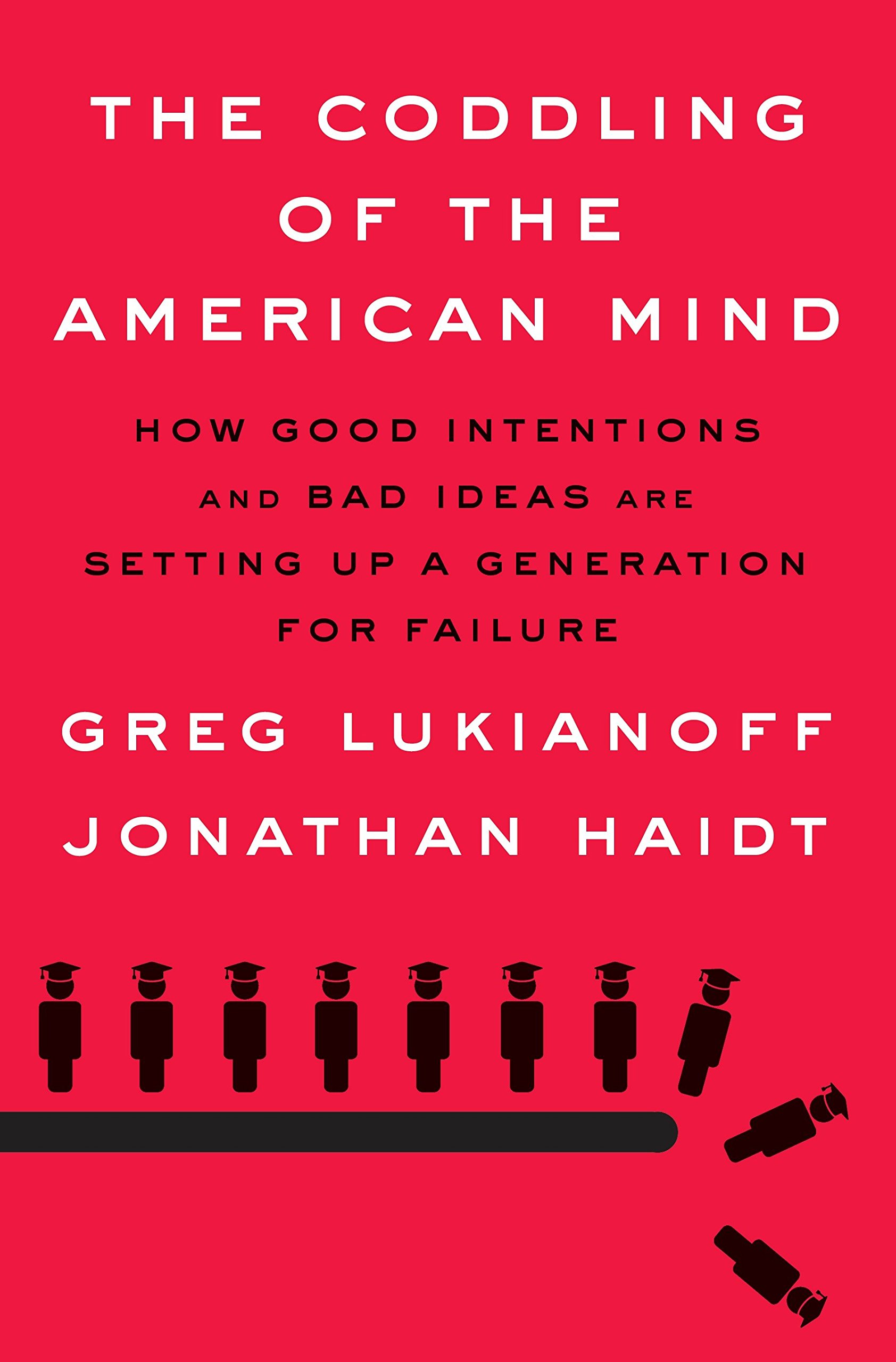

Subsequent experience in a number of large cities across the world demonstrate that this is what happens. Interestingly, this also suggests that you could reduce congestion by removing roads (it’s not called a ‘paradox’ for nothing). In other words, attempting to improve congestion by adding more roads can actually make the congestion worse. It shows that adding extra capacity to a network when the users of can reduce overall performance of the network.

This began life as a mathematical model about traffic congestion. One beautiful illustration of this is provided by “Braess’s Paradox”. This is why George Box famously observed that while some of our models are ‘useful’, they are all ultimately ‘wrong’. In reality, the rules of science are clear that our understanding is always incomplete and open to revision. In many ways this is another warning about the hubris that comes with believing we understand how the world around us truly works. It warns us that, in trying to make something better, we often end up making it worse. We’ve all heard the aphorism that ‘the road to hell is paved with good intentions’.


 0 kommentar(er)
0 kommentar(er)
